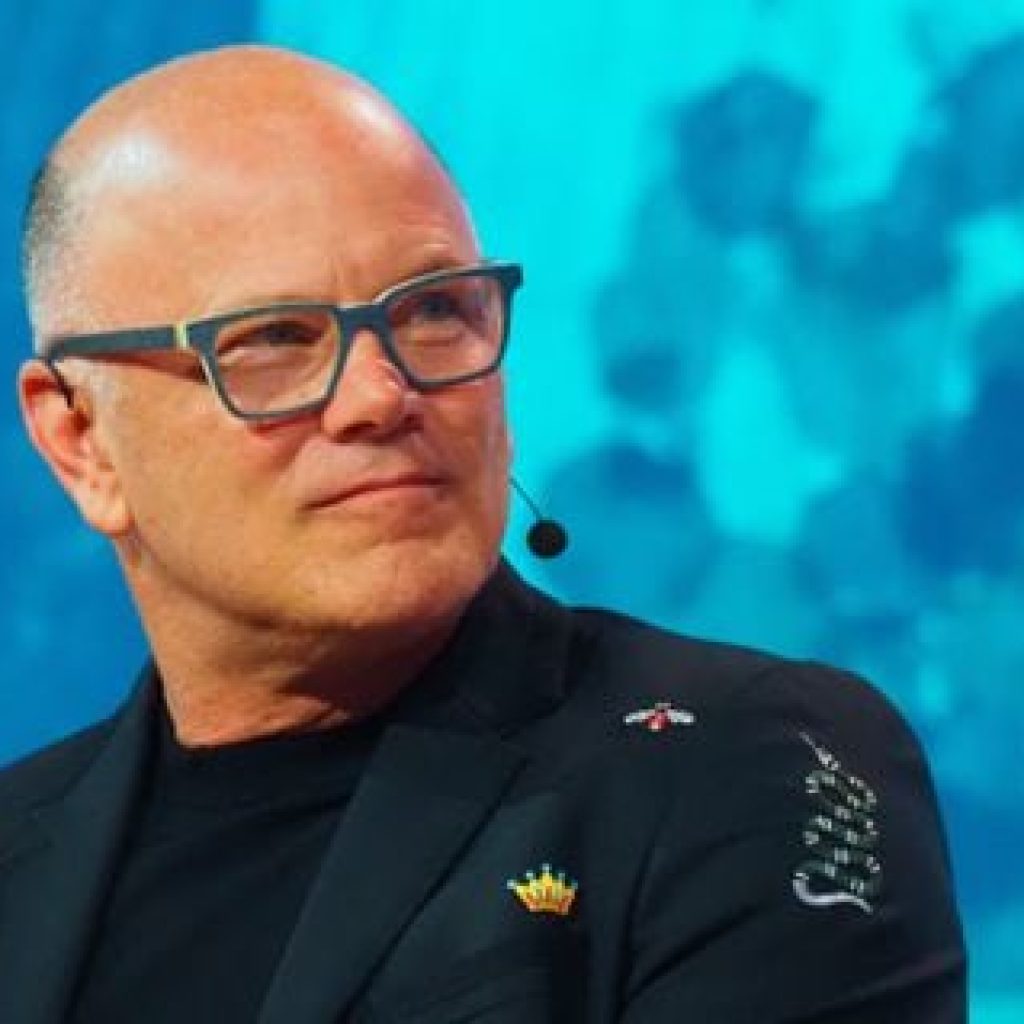The second-largest cryptocurrency exchange by trading volume, Coinbase, recently introduced Base, an Ethereum-centric layer-2 (L2) blockchain. In addition, Thursday saw the launch of Coinbase’s Base testnet. As reported by Cryptopolitan, Base is a layer 2 network built with Optimism’s OP Stack, with the aim of recruiting millions of new crypto users over the next several years.
Base comes to NFT and Web3 developers
The crypto exchange released a free open edition Ethereum NFT for anyone to mint shortly after its inception. That is not, however, through Coinbase’s own faltering NFT marketplace.
At the present, “Base, Introduced” is a free NFT made available by COIN via Zora, a platform for minting NFTs and a business that specializes in Web3 production tools. It’s an open edition NFT, which means that until Sunday, anyone can get one of the same items, but only one per wallet.
Since Base’s NFT release this morning, over 24,000 Ethereum NFTs have been created. As a result, the NFT’s smart contract, which includes the project’s code, has become the Ethereum network’s top “gas guzzler,” consuming approximately $271,000 in gas (or network transaction fees) in a span of three hours.
Zora takes over the presence for Web3 developers
Although Zora is well-known for allowing Web3 developers to mint NFTs, COIN already has its own NFT marketplace. However, COIN NFT has received little notice since its introduction in the spring of 2017. According to public blockchain statistics, less than $8,000 in NFT was exchanged in the last week.
Compare this to the $596 million in trading that occurred at Blur in the previous week. Blur is the leading NFT marketplace, having just surpassed OpenSea, which had been the leader for a long time, as a result of whale traders aggressively flipping assets to capitalize on BLUR token trading.
The crypto giant’s NFT displays the Introducing NFTs on its marketplace, however, these are secondary listings submitted by Authorized users. Despite having a very small team on it today, The exchange’sPresident and COO Emilie Choi stated on an earnings call this week that the exchange is “not throwing in the towel” on its NFT goals.
The exchange’s NFT marketplace has previously supported NFT mints, including substantial drops such as The Bill Murray 1,000. Nevertheless, earlier this month, the company acknowledged that it has “paused” creator drops on the NFT in order to redirect resources to other services on the marketplace.
The free platform’s NFT alludes to the recent “open edition meta” in the world of NFTs, in which creators launch low-cost NFT mints and then add gamification elements, sometimes giving holders an incentive to “burn” (or permanently destroy) a number of them in exchange for a unique, rarer version that is not the same as the others.
COIN has not stated if the Basic NFT would be useful or beneficial in the future. Yet, on secondary markets, NFTs are becoming more popular. Most of them are now selling for around 0.01 ETH ($16) per, which is a relatively low price. Yet, some early editions and those with so-called “vanity numbers” are fetching higher prices.
NFT #888, for example, was purchased this morning for 0.888 ETH (about $1,455). The buyer is now selling it for 8.888 ETH (about $14,700) with the expectation of making a large profit. Since the free mint was released this morning, other three-digit NFT variations have sold for hundreds of dollars.





